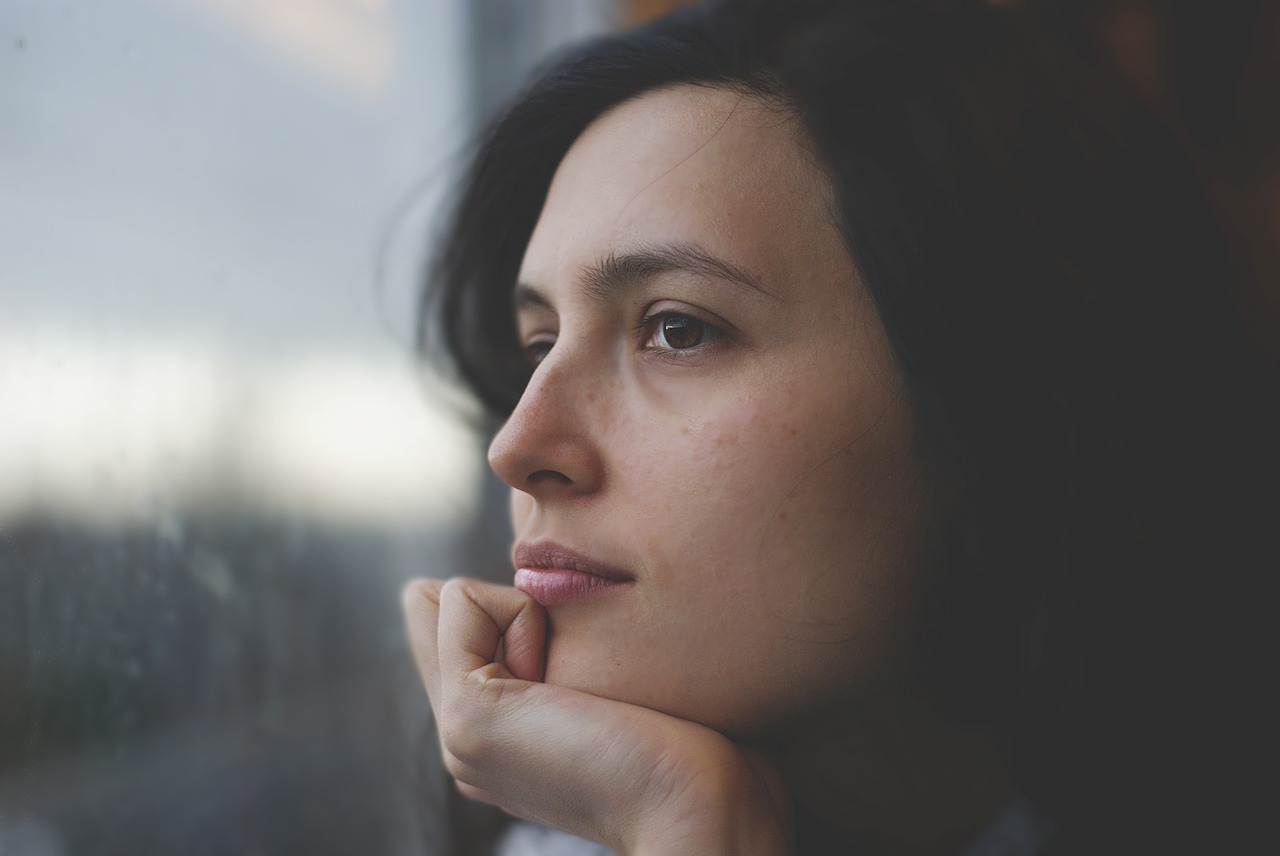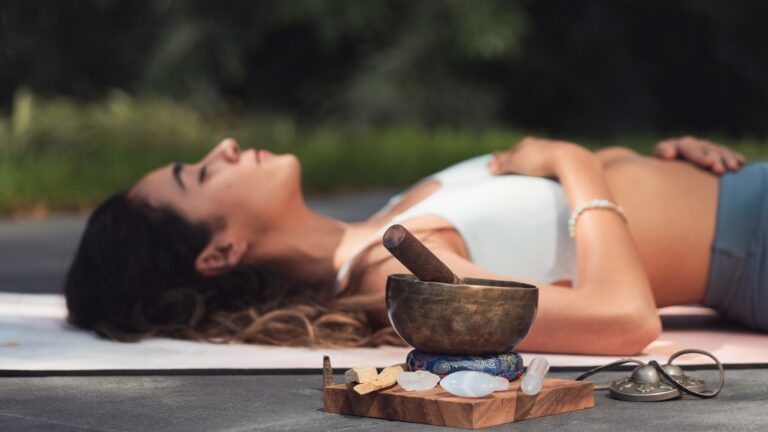Tired of Feeling Guilty?
While reading my latest self-help book, The New Psycho-Cybernetics by Maxwell Maltz, updated in 2001 by Dan Kennedy—which in its original state is credited with being the first on the market in the 60’s—I came across an old guilt study conducted in September 1997 at Case Western Reserve University stating that . . .
[bctt tweet=”The average person spends two (2) hours a day feeling guilty.” username=”beckyprater”]Isn’t that crazy? Do I feel guilty for two hours out of my day? After giving this a good bit of thought I realized, NO, I do not. The truth is, I have spent a great deal of time in the past feeling guilty about everything—staying home with kids and not bringing in an income. Then, working but not making much money because I stayed home with kids. I felt guilty about having a large SUV, which I needed for my clothing business, hauling clothing and a tradeshow booth around the country. I have felt guilty about not serving enough fresh fruits and vegetables to my family. I could go on.
Guilt Helps Refine Our Behavior
Where does guilt come from? Guilt comes from our religious upbringing, our parents, teachers, partners, television, magazines, media in general, friends. They all help create the inner guilt dialog.
Feeling guilty is not wrong or bad. In fact, Brené Brown, research professor at the University of Houston specializing in vulnerability, courage, worthiness, and shame, describes guilt as “adaptive and helpful—it’s holding something we’ve done or failed to do up against our values and feeling psychological discomfort.” Guilt shouldn’t be confused with SHAME, which is “the intensely painful feeling or experience of believing that we are flawed and therefore unworthy of love and belonging—something we’ve experienced, done, or failed to do makes us unworthy of connection.” Guilt is the inner feeling we have about ourselves; shame is the unworthiness belief based on what we expect others think of us because of our behavior.
Guilt and shame are not to be confused with remorse, or feeling bad for hurting someone. Guilt is more about breaking a “rule”, not deliberately hurting someone in the process. Some guilt is difficult to overcome and may require professional therapy. What I am talking about here is good old fashion I-shouldn’t-have-done-that guilt. Growing up Catholic, I was a superstar guilt sufferer.
Guilt Redirects Behavior
As I am reading through my journals form high school and college years, there is a reference about feeling guilty, doing something wrong, feeling like a bad person on nearly every page—kissing boys, drinking beer, staying up too late, etc. During my formative years, it reads like I spent a good 6 hours a day feeling guilty.
In retrospect and based on Brene Brown’s definition, all those guilty moments smoothed off the rough edges of my personality and made me the person I am today. Guilt helps us define what is right and wrong for us personally. If we do good things we feel good about ourselves; if we do bad things we feel bad about ourselves.
The first incidence of guilt redirecting my behavior was during my sophomore year in high school. Every time I talked badly about someone, I felt sick to my stomach. It physically made me ill. I realized I, Becky Prater, cannot talk about people with the intent of changing someone’s mind about them, a.k.a. gossiping. This quickly changed my behavior and I stopped talking bad about others. In fact, I went to great lengths to say nice things.
[bctt tweet=”Guilt is a great refiner of our personality.” username=”beckyprater”]
Over time, we develop a system of behavior that results in feeling good as much as possible, rather than bad. Therefore, we have less to feel guilty about.
Tired of Feeling Guilty?
At some point in my life I decided I was tired of feeling guilty. Now, I spend most of my day being the best person I can be, trying to doing good things for others and myself. I drive a more fuel-efficient car, recycle, try not to waste food, try to treat all people with respect, drink and eat in moderation. I feel pretty good and do not suffer much from guilt. I am not perfect, but I no longer feel guilty about the decisions I make.
However, that doesn’t stop society from trying to make us feel guilty. Marketers appeal to our inner guilt to get us to buy products to look thinner, younger, and richer. Social media makes us feel guilty that we are not living a life as exciting as our friends. Church leaders still make us out to be “sinners.” It’s exhausting.
Your body tells you if it is right or wrong for YOU. Things are not “good” or “bad” in and of themselves. Rather, each person’s body responds positively to some things and negatively to others and that is what defines our “good” and “bad.” Much like food is neither good nor bad (when eaten in moderation). However, your body responds physiologically to foods; you enjoy some and do not enjoy others.
So, how can we spend less time feeling guilty?
1. Stop blaming yourself
You made the best decision at the time with the information that was available to you.
[bctt tweet=”How can you know what you do not know until you know it? ” username=”beckyprater”]
You had to experience what you did and perhaps, the guilt of it, to learn the lesson. Honor yourself for doing what you felt needed to be done at the time. Own your decisions and release the guilt. Think back on how you handled the situation the next time. Did you learn and respond differently? If so, consider it a success. Perhaps it took years for you to change your behavior. Welcome to the slow-learners club of which I am also a member.
2. Stop blaming others
People make the best decisions they can at the time given the information that is available. We do not know what leads people to make bad decisions but we can rest assured it is based on a direct experience in their lives that is not good. Mean people are a result of mean people. If we can forgive others for the things they have done as a result of their life experience, we will feel a great weight lifted off of our shoulders.
3. Love yourself and honor what is right and wrong for you
I call this discernment. Do more of the things that feel good and less of the things that feel bad and honor your body for knowing the difference.
4. Recognize that guilt can be helpful
Guilt brings about recognition that something needs to change about our behavior and may provide the catalyst for the needed change. Consider it a good alert mechanism. If you feel guilty about something, spend a moment and decide if this is alerting you to change something or is it external guilt slinging from someone other than yourself who is trying to impose his or her idea onto you. If that is the case, honor that person and own your own position.
I would LOVE to hear about your guilt-ridding advice. How do you keep yourself from feeling guilty for 2 hours each day?




Guilt is an interesting topic: tricky and complex, and needful of parsing and “nuance-ification.” Okay, I made that word up. Some need more guilt, or sense of guilt – your garden-variety sociopath, for example, could use a generous dallop – but most of us, as your post suggests, could do with less of it. I have no real pearls of wisdom, but enjoyed your post and wanted to say that I think that your line of work, or your life’s calling, revolves in great part around the notion of “perspective;” either helping to instill it where it doesn’t exist, or nurturing and strengthening it in that person in whom it has a least taken root. Perspective is, to my way of thinking, a salve to the more negative dimensions of guilt. Everything looks smaller from 30,000 feet, right? (I think this includes one’s own mistakes and failings.) Perspective is the 30,000-foot view; more manageable, less intimidating or overwhelming than the real-time, “in-the-moment” trials and tribulations of one’s life on the ground. It’s the forest (as opposed to the trees), to use yet another cliche. You can more realistically (and more forgivingly) see how everything fits together, and works together, at that altitude or from that vantage-point across the meadow. Perspective comes, often, simply with age – as a byproduct of hard-earned wisdom and its companion, self-awareness. But, again, you, Becky, can help bring it about more deliberately, as part of one’s “action plan,” and perhaps at an earlier point in one’s life. Success, in that regard, I would think might even be life-changing. Anyway – back to your invite to provide “guilt-ridding advice” – perspective is central to my experience. Not to sound too depressing, but it takes no more than a casual student of history to realize each of us, as individuals, represents a tiny thread in an unfathomably long and wide tapestry of humanity, and every last one of those threads bears its failings, shortcomings, mistakes, and regret. Everyone should chill. Keep up the good work, Becky!
Wow, Randall. Thank you for that beautiful perspective about
perspective. That adds greatly to the experience of reading the blog.
Thank you for taking the time to think this over and make a comment.